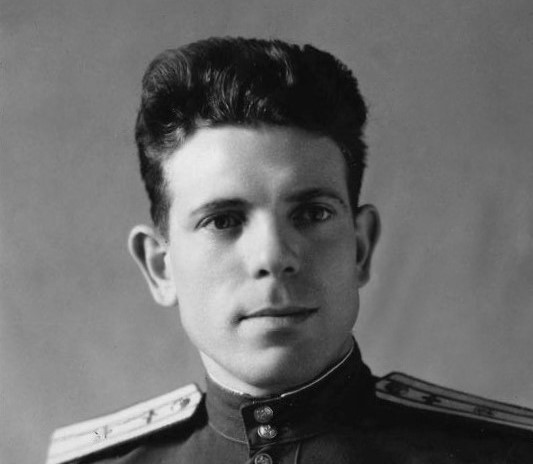Field meteorologist Nikolai Kolobov contributed to the great victory of 1945

Kazan Federal University continues to publish a series of materials as part of the Scientific Regiment campaign. We tell about the courage and heroism of students and teachers of the university during the Great Patriotic War and their contributions to the victory.
Nikolai Vasilyevich Kolobov was born on November 3, 1911, in a large family in the village of Bolshiye Klyuchishchi near Ulyanovsk. In 1936, he graduated from the Faculty of Physics and Mathematics of Kazan University, specializing in geophysics, and began working as the head of the Kazan Airport weather bureau.
At the end of 1937, Kolobov began his teaching career at the Department of Geophysics of Kazan University. In 1940, he was drafted into the army. The beginning of the war saw him near Kharkov, where he took part in hard defensive battles and was seriously wounded. After discharge, he was assigned to the meteorological service of the 4th Air Army as head of the meteorological office of the army headquarters. Together with the advancing units of the Red Army, he traveled the combat route from the mountains of the North Caucasus to East Germany, taking part in the liberation of Donbass, Belarus, and Poland.
For each major operation, Kolobov prepared service briefs describing climatic conditions of the region. The information had to be extracted on the territory occupied by the enemy by means of aerial reconnaissance.
In his book Fourth Air Air Chief Marshal Konstantin Vershinin praised meteorologists and personally Engineer Major Kolobov for reliable forecast support of combat operations in the air. Kolobov was awarded the Order of the Red Star, the Order of the Patriotic War I and II degrees, and combat medals.
After demobilization in 1946, Nikolai Kolobov returned to Kazan University. From 1952 to 1978, he headed the Department of Meteorology and Climatology of the Faculty of Geography. In 1955, he successfully defended his PhD thesis, and in 1966 – his DSc thesis. From 1972 to 1978, he was Dean of the Faculty of Geography.
In the 1950s, in connection with the construction of the largest power plants on the Volga River, Kolobov organized several expeditions to study the wind and climatic regime of the Kuibyshev, Saratov and Volgograd water reservoirs.
In the 1960s, USSR held active research in climate influence technology to prevent hail. On Kolobov’s initiative, teaching in this subject was organized at the Department of Meteorology and Climatology. It was graduates of Kazan University who formed the roster of anti-hail service units in Moldova and the North Caucasus.

